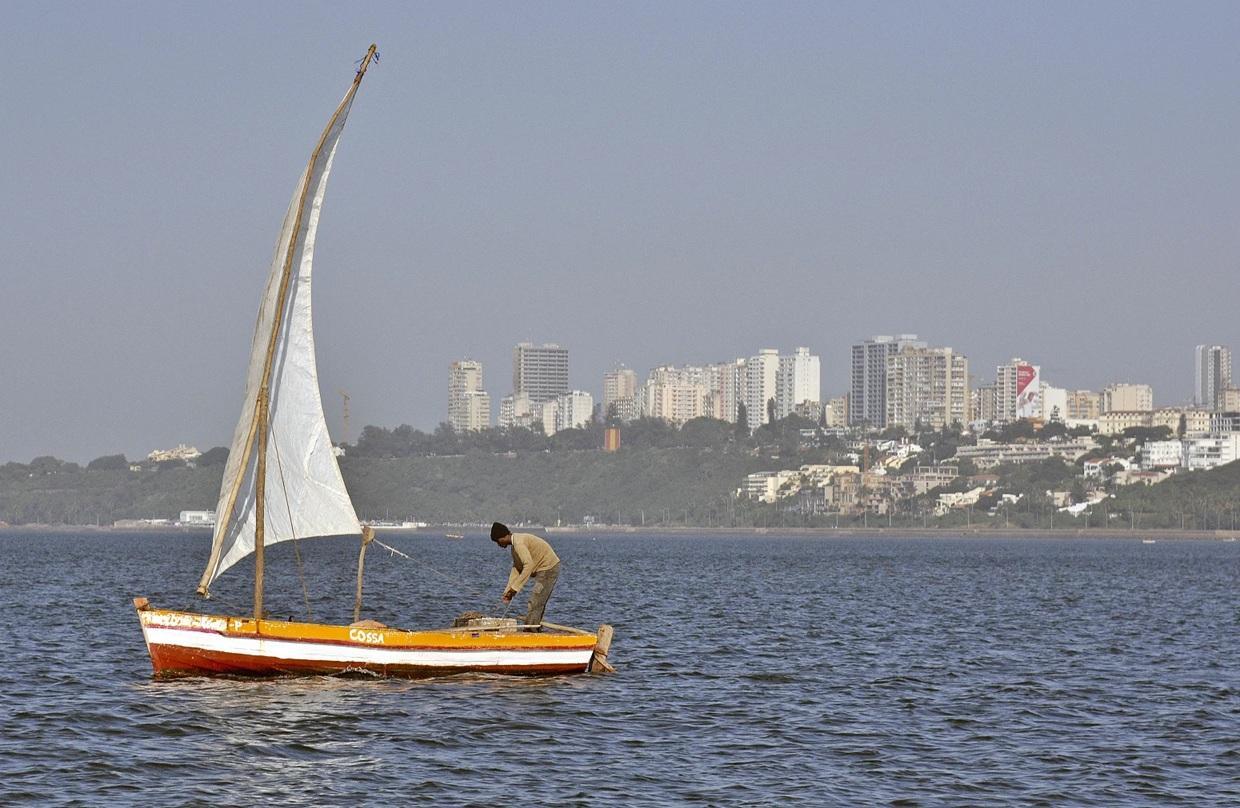Africa-Press – Mozambique. The Mozambican government expects an 8% growth in fishing activity in the country this year, to over 548,000 tons, driven by the artisanal sector.
According to a government report with forecasts for 2025 in the sector, artisanal fishing is expected to once again renew its production record, growing 7% compared to the previous year, to 514,204 tons, including 9,636 tons of shark.
Commercial fishing is expected to grow 20%, to 23,587 tons, including 6,436 tons of kapenta, a small freshwater sardine, while aquaculture production is expected to grow 5%, to 10,298 tons, between industrial and small-scale production, throughout the country.
Fishing production in Mozambique had already grown by 3% in 2024, to 508,808 tonnes, driven by commercial activity, but failed to meet the target, according to budget execution data previously reported by Lusa.
According to the government report, the 2024 target for fishing and aquaculture for the entire year was 522,671 tonnes, which was 97% achieved, having still grown compared to the 493,088 tonnes in 2023.
Artisanal fishing continues to represent the bulk of the annual volume in Mozambique and, in 2022, involved almost 400,000 people and more than 42,000 vessels, in inland and maritime waters, according to the 2022 census, released last year.
According to the final data from the Census of Artisanal Fishing and Aquaculture (CEPAA 2022), the survey covered “all territorial areas of maritime and inland waters”, with “the exception of some areas of the province of Cabo Delgado, for reasons of insecurity”, and was extended to the aquaculture subsector for the first time.
The survey, which involved the Ministry of the Sea, Inland Waters and Fisheries and the National Institute for the Development of Fisheries and Aquaculture, among other partners, covered 1,600 fishing centres across the country, of which 889 were in inland waters and 711 in maritime waters.
The census identified 397,688 people involved in artisanal fishing, including 110,518 fishermen operating with boats, 164,439 fishermen working without boats and 122,731 professionals in other “activities along the artisanal fishing value chain, particularly carpenters and ship mechanics, net makers, fish processors and traders”.
The survey also states that 42,723 boats were registered, of which 1,986 were motorized.
“The boats are mostly hollowed-out canoes (54.4%), which are mainly concentrated in the provinces of Tete and Zambézia, followed by moma-type canoes (16.4%),” it describes.
Regarding aquaculture, the 2022 census concluded that 21,751 operators were registered, of which 12,899 are owners of aquaculture units, including individuals and associates, with 8,852 workers, of which 31.8% are women.
The aquaculture activity in the country, according to the type, “is mostly subsistence”, equivalent to 42.9%, and artisanal, 46.79%, with the remainder, “less than 10.1%”, classified as semi-industrial, industrial, experimental, research and training and education.
The 2022 Census of Artisanal Fishing and Aquaculture registered 11,413 aquaculture production units, of which 10,518 are tanks.
For More News And Analysis About Mozambique Follow Africa-Press






